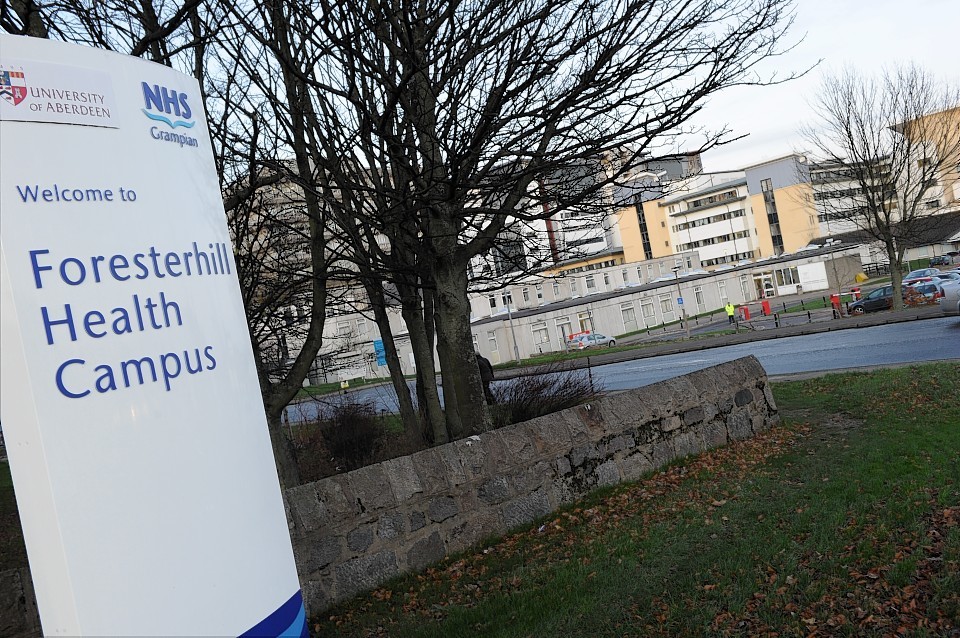Adam Guest
A major piece of medical history is to go on display at the Suttie Arts Space Gallery in Aberdeen Royal Infirmary.
The first-ever diagnostic whole-body MRI scan in the world was performed in Aberdeen on a machine built in the 1970s by a team of medical physicists at Aberdeen University.
And now, the original machine will go on show after decades in storage.
The prototype machine – which was called Mark-I – was first deployed for diagnostic imaging at the university’s medical school in 1980, and continued to be used for three years, scanning about 1,000 patients until it was replaced in 1983.
Professor Steve Heys, head of the university’s school of medicine, medical sciences and nutrition, said: “The team of specialists who developed the first full-body MRI scanner led the world with their innovation and vision.
“The Mark-I machine represents the excellence and the way in which the research done at the university makes huge differences to people’s lives.
“I’m delighted that the Mark-I machine will be displayed prominently in this manner and hope it will serve as a reminder of the influence our research has had, and inspiration for current, and future, generations.
“Today our experts, led by Professor David Lurie and his team, are currently developing the next generation of MRI scanners (Fast Field Cycling MRI) which will be even better at detecting disease.”
The first phase of the relocation of the historic piece of medical technology will begin this weekend, when the deconstructed parts of the MRI scanner will be transferred from storage and rebuilt within the Suttie Arts Space in the heart of the ARI.
After being reconstructed by Eddie Stevenson – the specialist technician who originally created the Mark-I in the 1970s – it will be on show from Monday, February 22 onwards.
NHS Grampian chairman, Stephen Logan, welcomed the news of the Mark-I’s return to Foresterhill.
He said: “Aberdeen has an illustrious history for innovation and as we continue to look at new approaches, such as robot-assisted surgery and 3D imagine to support life-enhancing surgery, it is important to remember our pioneers.
“The display of the original MRI scanner – a technique we now take for granted – will be a symbol of the inspiring dedication and skills of individuals and teams who strive to make our lives better.”
